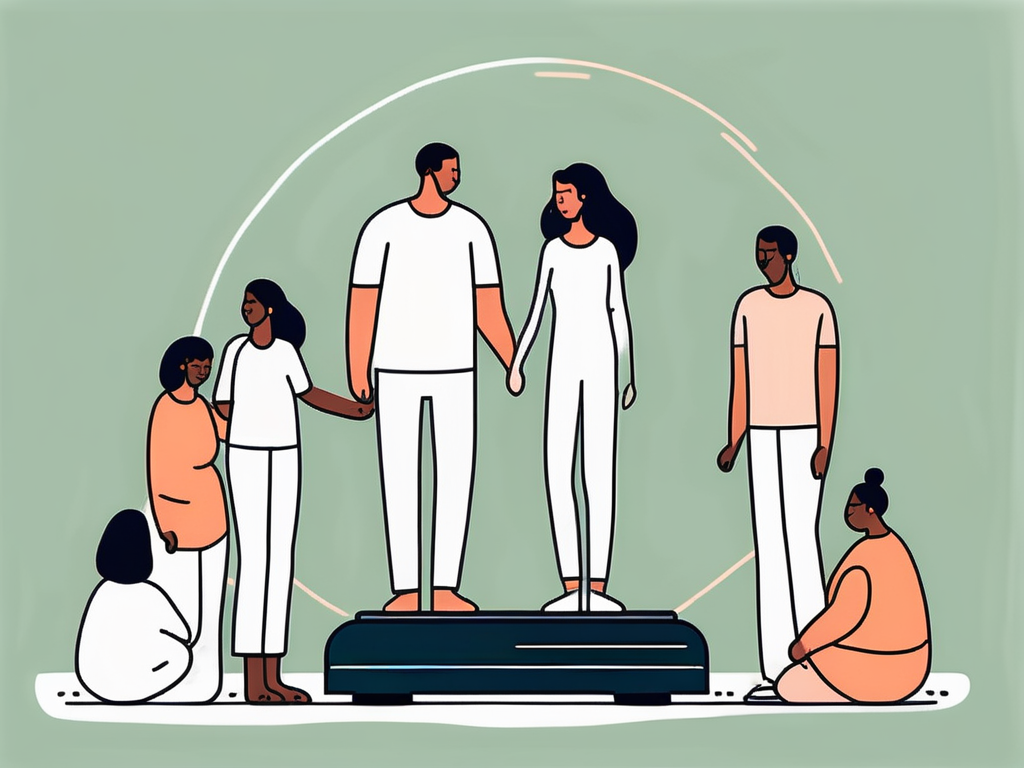Navigating the path to recovery from an eating disorder can be a challenging journey. One of the most common concerns is managing weight gain. This guide aims to provide practical advice on how to handle this aspect of recovery in a healthy and sustainable manner.
Understanding the Importance of Weight Gain
Weight gain is a crucial part of recovery from eating disorders. It is a sign that your body is healing and regaining the strength it needs to function optimally. However, it’s important to remember that weight gain is not the sole indicator of recovery. Mental and emotional healing are equally important.

It’s also essential to understand that weight gain during recovery is not about reaching a certain number on the scale, but about achieving a state of health where your body can function properly. This may mean different things for different people, depending on their individual body types and health needs.
Managing Emotions Around Weight Gain
Weight gain can bring up a lot of emotions, especially if you’ve struggled with body image issues. It’s important to acknowledge these feelings and find healthy ways to cope with them. This may involve seeking support from a therapist or counselor, joining a support group, or practicing mindfulness techniques.
Remember, it’s okay to feel uncomfortable or anxious about weight gain. These feelings are a normal part of the recovery process. The key is to not let these emotions dictate your actions or hinder your progress towards recovery.
Practical Strategies for Managing Weight Gain
1. Work with a Dietitian
Working with a dietitian who specializes in eating disorders can be incredibly helpful. They can provide personalized advice on how to nourish your body and manage weight gain in a healthy way. They can also help you develop a positive relationship with food and guide you towards intuitive eating.
Remember, the goal is not to diet or restrict, but to learn how to eat in a way that supports your physical health and mental well-being.
2. Regular Exercise
Regular physical activity is an important part of a healthy lifestyle. However, it’s crucial to approach exercise with the right mindset during recovery. The goal should not be to burn calories or lose weight, but to build strength, improve mood, and promote overall health.
It’s important to choose activities that you enjoy and that make you feel good in your body. This could be anything from yoga and pilates to walking or swimming. If you’re unsure about what type of exercise is appropriate, consult with your healthcare provider or a fitness professional who understands eating disorder recovery.
3. Mindful Eating
Mindful eating involves paying attention to your hunger and fullness cues, eating slowly and without distraction, and savoring the taste and texture of your food. This can help you develop a healthier relationship with food and reduce anxiety around eating.
It’s also important to remember that all foods can fit into a healthy diet. There’s no need to label foods as “good” or “bad”. Instead, focus on nourishing your body with a variety of foods and enjoying the experience of eating.
Dealing with Setbacks
Recovery is rarely a linear process. There may be times when you experience setbacks, such as falling back into old behaviors or struggling with body image issues. It’s important to remember that this is a normal part of recovery and doesn’t mean you’re failing.
When you experience a setback, try to view it as a learning opportunity. What triggered the setback? What can you do differently next time? Use these experiences to grow and strengthen your recovery.
Conclusion
Managing weight gain during eating disorder recovery can be challenging, but with the right support and strategies, it’s possible to navigate this aspect of recovery in a healthy and sustainable way. Remember, recovery is not just about weight gain, but about healing your relationship with food and your body. Be patient with yourself and celebrate every step you take towards recovery.
If you or a loved one is ready to embark on the journey of recovery from an eating disorder, ViaMar Health is here to support you every step of the way. Our compassionate team understands the intricacies of managing weight gain and the importance of a personalized approach to treatment. With a range of programs from residential to intensive outpatient care, we address not just the symptoms but the underlying issues of eating disorders and co-occurring mental health conditions. Take the first step towards healing and speak with an admission specialist to start recovery today. Your voyage to health and well-being is our utmost priority.




